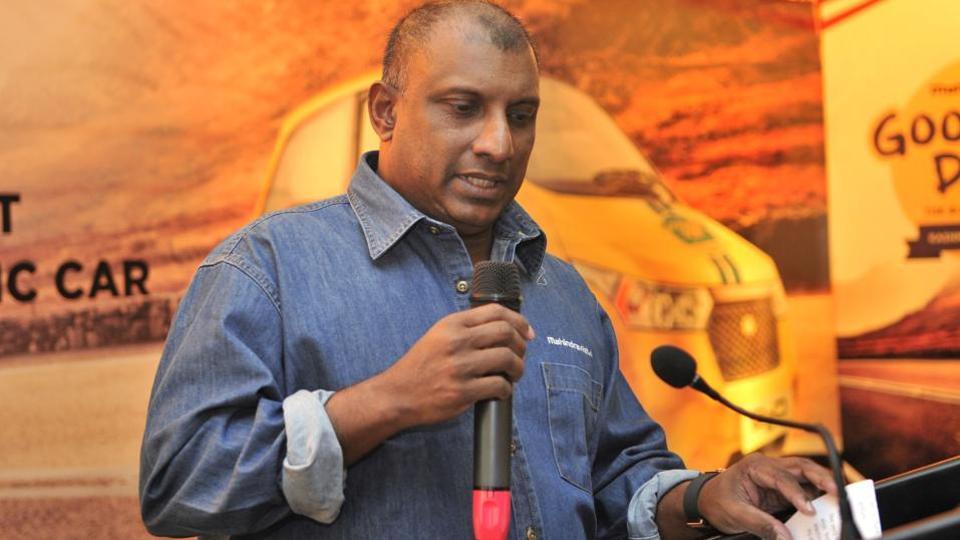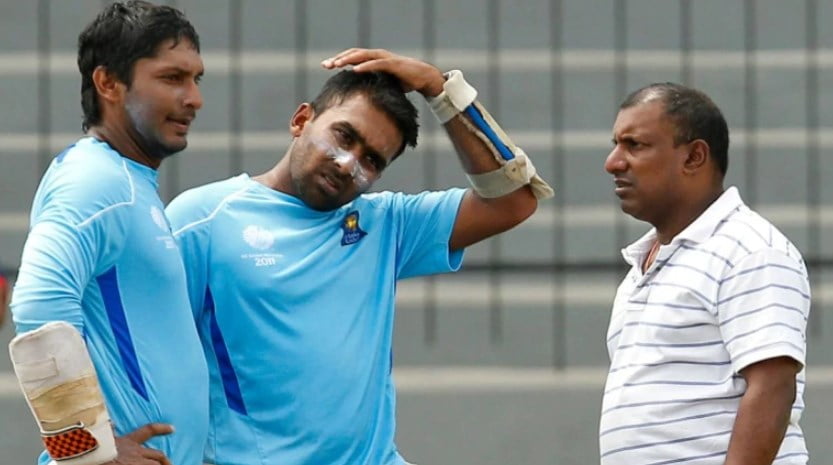On Tuesday, the Sri Lankan police informed that they have questioned former chief national selector, Aravinda de Silva over former Sports Minister Mahindananda Aluthgamage’s accusation that the national cricket team’s defeat against India in the 2011 World Cup final was pre-decided by “certain parties”.

Aluthgamage has alleged that the Sri Lankan players “sold” the game to India, but the claims was completely downplayed by former captains Kumar Sangakkara and Mahela Jayawardene who demanded evidence from him. De Silva, the then chairman of selectors, was questioned regarding the same by the police for over six hours.
ALSO READ: Sri Lanka Cricket Launches Criminal Investigation For 2011 WC Allegation
On June 18, Aluthgamage made an accusation that the national squad but later backtracked, saying it was just his suspicion. He said, “I feel I can talk about it now. I am not connecting players, but some sections were involved.”
A special police investigation unit went on to record the statement of Aluthgamage last week. De Silva was also summoned by the unit on Tuesday and then they also record his statement.

Police sources said that Upul Tharanga, the veteran southpaw opener who played the 2011 final at Mumbai’s Wankhede Stadium, will be the next to be summoned. After Aluthgamage’s allegation, Aravinda De Silva has asked the BCCI to conduct its own investigation.
De Silva said he was willing to travel to India to take part in an investigation despite the current Covid-19 pandemic.
ALSO READ: Pakistan Team Test Negative Of Coronavirus After Reaching England
Earlier, there have been some corruption allegations on the Sri Lankan team, including claims of match-fixing ahead of a 2018 Test against England. Earlier this month, the Sri Lankan cricket board (SLC) said the ICC has investigated three anonymous former cricketers over corruption allegations.
Match-fixing was made a criminal offense in November in the country and reports suggest that the ones who will be found guilty will receive huge fines up to 100 million rupees ($555,000) and up to 10 years’ jail.
